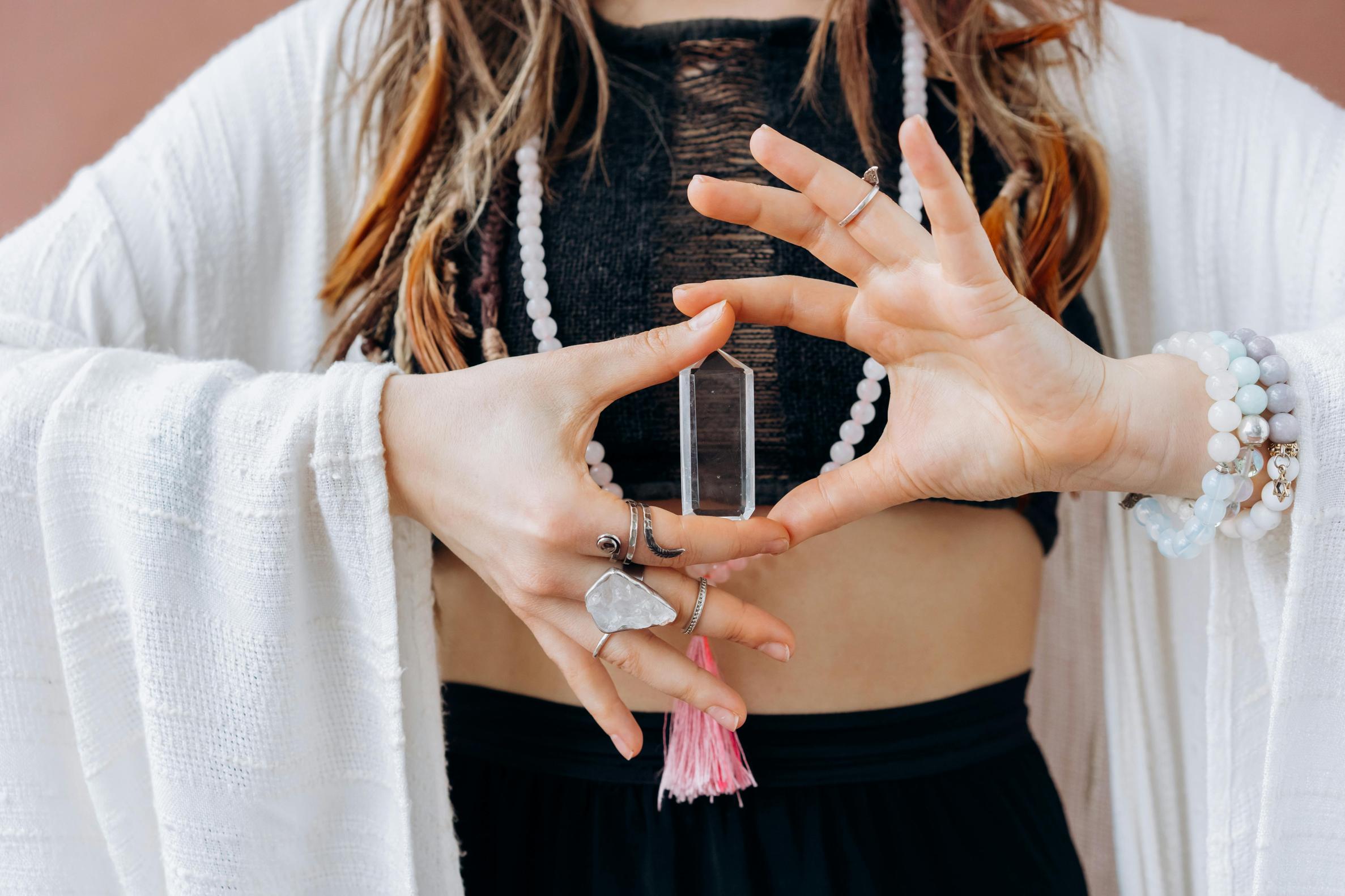Introduction
Charm bracelets have been worn and cherished for centuries, weaving through the fabric of human history and culture. Accusations of these beautiful adornments being ‘evil’ have surfaced now and then, often rooted in misunderstanding or cultural differences. This blog aims to explore the historical significance, superstitions, positive aspects, and modern perspectives surrounding charm bracelets. By delving into personal stories and examining relevant case studies, we aim to answer the question: Are charm bracelets truly evil, or is there more to the tale?

The Historical Significance of Charm Bracelets
Charm bracelets date back to ancient civilizations such as Egypt, where they were believed to offer protection and serve as talismans. In medieval times, knights wore them into battle, and during the Victorian era, Queen Victoria popularized charm bracelets across Europe, embodying love and remembrance.
These historical precedents show that charm bracelets have long been symbols of personal meaning and protection rather than malevolence. They were crafted with care, bearing charms that signified milestones, loved ones, and personal beliefs.
The influence of these historical practices is seen even in today’s charm bracelets, where each charm tells a part of the wearer’s story or holds sentimental value. Understanding this historical context is crucial before we delve into superstitions and myths surrounding these pieces of jewelry.
Superstitions and Myths Surrounding Charm Bracelets
Despite their rich history, not all perceptions of charm bracelets have been positive. Some cultures have associated them with bad luck or even evil intentions. For instance, in certain periods, people believed that wearing a charm bracelet with particular symbols could invite malevolent spirits.
These superstitions often arise from a lack of understanding or fear of the unknown. Some myths suggest that charms can bind a person’s fate or bring bad omen if not cleansed properly. Even in modern times, a few individuals continue to harbor these beliefs, associating unique charms with negative energies.
Most commonly, fears about charm bracelets stem from misconceptions about specific symbols like skulls, serpents, or mythical creatures often thought to invite bad luck or evil forces. However, a deeper look into different cultures reveals that these symbols carry various meanings and aren’t inherently malevolent. For example, serpents might represent transformation and renewal in some traditions rather than evil.
Exploring these superstitions illuminates how cultural perceptions can influence our understanding of objects that hold different meanings across societies.

The Positive Aspects of Charm Bracelets
While superstitions persist, the charm bracelet also holds an abundance of positive attributes. For many, these pieces of jewelry symbolize luck, protection, and personal milestones.
-
Sentimental Value: Each charm can represent a significant life event, making the bracelet a personal scrapbook.
-
Personal Expression: Customizing the bracelet allows wearers to express their individuality and beliefs uniquely.
-
Tradition and Heritage: Often passed down through generations, charm bracelets can be family heirlooms that carry historical and emotional weight.
-
Fashion Statement: Beyond their personal significance, charm bracelets are stylish accessories that can complement any outfit.
Collectively, these factors paint charm bracelets in a positive light, showcasing their ability to blend personal history with aesthetics. They have evolved to become fashionable yet deeply personal ornaments, detached from the negative connotations imposed by outdated superstitions.
Modern Perspectives on Charm Bracelets
In contemporary society, charm bracelets continue to be popular, often devoid of their historical superstitions. Today’s fashion-forward world embraces charm bracelets for their versatility and personal touch.
Modern perspectives are more inclusive, recognizing charm bracelets as symbols of luck, love, and personal storytelling. Companies like Pandora have capitalized on this trend, allowing consumers to create custom bracelets that reflect their life’s journey.
Social media platforms further amplify the modern fascination with charm bracelets. Influencers and celebrities frequently showcase their bespoke bracelets, promoting them as must-have accessories. This embrace by popular culture further distances charm bracelets from any lingering notion of malevolence.
These modern viewpoints highlight how charm bracelets have been recontextualized in the 21st century, focusing on their positive attributes and personal significance.

Personal Stories and Case Studies
Numerous personal stories celebrate charm bracelets as meaningful and positive keepsakes. For instance, Sarah from New York recounts how each charm on her bracelet commemorates a major life event, making it a priceless piece of her history. Another story involves James, who inherited a charm bracelet from his grandmother, symbolizing family connections that span generations.
These personal anecdotes showcase charm bracelets as cherished items, countering any claims of their evil nature and proving their value as sentimental keepsakes.
Conclusion
Charm bracelets, rich in history and sentiment, are far from being evil. Misunderstandings and cultural superstitions have occasionally cast them in a negative light, but their intrinsic value as personalized and protective adornments remains intact. From ancient civilizations to today’s modern fashion, charm bracelets have evolved but consistently represented personal milestones, luck, and individuality.
By examining their history, dispelling myths, highlighting positive aspects, and embracing modern views, it becomes clear that charm bracelets are more about personal expression and meaningful connections than any nefarious connotations. Embrace your charm bracelet for what it truly is – a symbol of your unique journey and a keepsake of your cherished memories.
Frequently Asked Questions
Are charm bracelets considered evil in any specific cultures?
In some cultures, specific symbols on charm bracelets were historically seen as bad omens. However, these beliefs are often rooted in superstition and a lack of understanding.
Can charm bracelets actually bring good luck?
Yes, many believe that charm bracelets can bring good luck. Each charm may represent personal milestones and positive energies, making them unique to the wearer.
How should I choose charms for my bracelet to avoid any negative connotations?
Choose charms that are significant and positive to you personally. Avoid symbols that you believe carry negative connotations. Remember, the meaning of each charm can vary widely across cultures. So, select charms that resonate with your own journey and beliefs.
